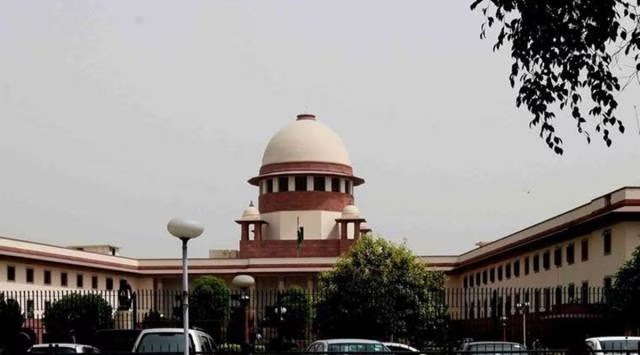Criminalisation of Politics in India

- 28 Aug 2025
In News:
The criminalisation of politics—the entry of individuals facing serious criminal charges into legislative bodies—remains one of the gravest challenges to Indian democracy. Despite repeated judicial observations and public debates, the problem has only deepened over the past decade, threatening the integrity of representative institutions.
Scale of the Problem
Recent data highlights the alarming rise in lawmakers with serious criminal records. In the Lok Sabha, the share of MPs with such cases has increased from 14% in 2009 to 31% in 2024, more than doubling in just 15 years. Certain states reflect extreme cases: Telangana (71% of MPs), Bihar (48%), and Uttar Pradesh (34 MPs, the highest in absolute numbers).
At the state level, the trend is equally stark. In 2024, nearly 29% of MLAs (around 1,200) faced serious criminal charges. Andhra Pradesh (56%), Telangana (50%), and Uttar Pradesh (154 MLAs or 38%) illustrate how deeply entrenched the issue has become.
These figures cover offences punishable by five years or more, including non-bailable crimes such as murder, kidnapping, and corruption, thereby going beyond minor infractions.
Causes of Criminalisation
Several systemic factors perpetuate this trend:
- Electoral Financing – High campaign costs create incentives for parties to field “winnable” candidates, many of whom have criminal clout and access to large financial resources.
- Weak Enforcement of Laws – While conviction leads to disqualification under the Representation of the People Act (RPA), slow judicial processes allow accused legislators to contest multiple elections.
- Patronage Politics – Candidates with criminal backgrounds often command local influence, mobilise voters, and provide muscle power for parties, making them electorally attractive.
- Voter Rationality – In certain constituencies, voters see such candidates as problem-solvers who can deliver despite weak state capacity, reinforcing their acceptability.
Consequences for Democracy
The rising criminalisation of politics undermines the rule of law and corrodes democratic legitimacy. Legislators facing serious charges may prioritise personal or group interests over public welfare. Policy decisions risk being distorted by vested interests, while governance is compromised by declining ethical standards. Over time, this erodes citizen trust in institutions, weakens the credibility of Parliament and Assemblies, and fuels cynicism about democratic accountability.
Judicial and Institutional Responses
The Supreme Court has repeatedly emphasised the need to curb criminalisation. In Lily Thomas v. Union of India (2013), it ruled that convicted legislators would be immediately disqualified. In Public Interest Foundation v. Union of India (2018), it directed parties to publish criminal antecedents of candidates, citing the “urgent need for cleansing politics.”
The Election Commission of India (ECI) has also recommended barring candidates against whom charges have been framed for serious offences. However, political consensus on reforms remains elusive.
Way Forward
Addressing this structural malaise requires a multi-pronged strategy:
- Legal Reforms – Amend the RPA to disqualify candidates at the stage of framing of charges for heinous crimes.
- Judicial Fast-Tracking – Establish special courts for speedy trial of cases against politicians.
- Political Will – Parties must adopt internal reforms, refusing tickets to tainted candidates, with penalties for violations.
- Voter Awareness – Civil society campaigns and public disclosure of candidate records can empower voters to make informed choices.
- State Capacity – Strengthening law enforcement and reducing reliance on “muscle power” will make clean candidates more competitive.
Conclusion
The criminalisation of politics is not merely a legal or electoral issue but a crisis of democratic legitimacy. With nearly one-third of legislators facing serious charges, India risks normalising the presence of alleged criminals in the highest law-making bodies. Urgent institutional, legal, and political reforms are essential to reverse this trend and safeguard the constitutional promise of “purity of elections” and the rule of law.
